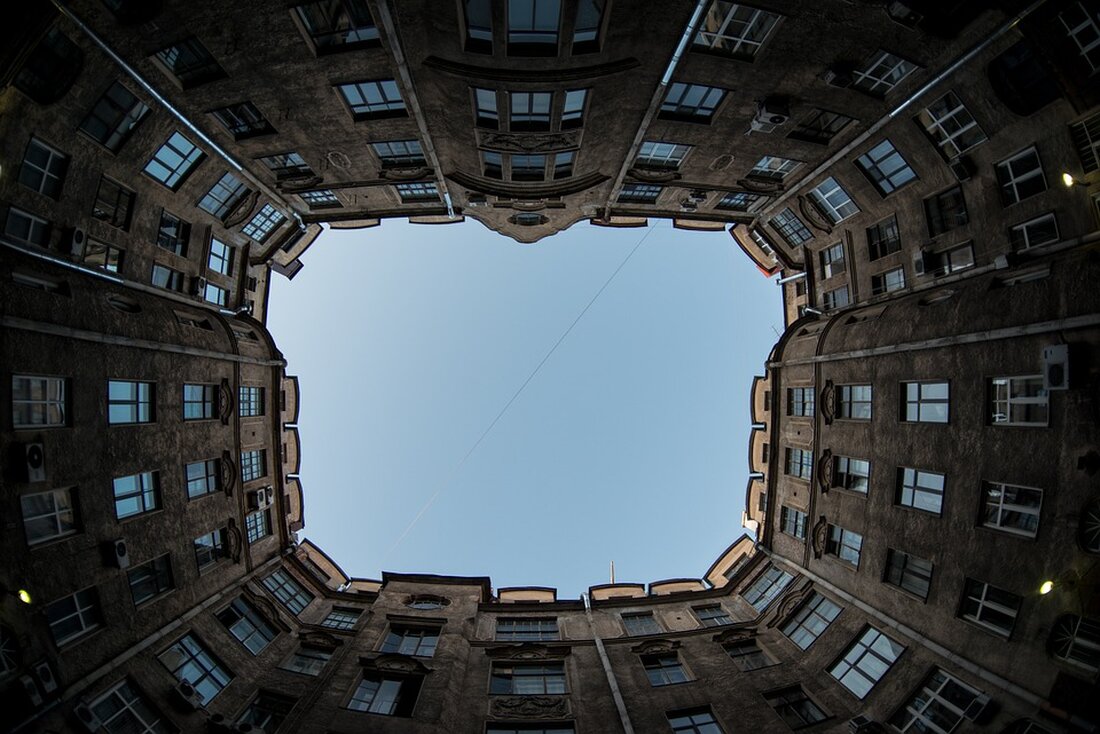Russia is fighting high inflation: the central bank leaves the key interest rate at 16 percent
Russia is fighting high inflation and economic pressure - Putin in focus. Central bank maintains key interest rate, economic growth increases. Experts warn of long-term consequences.

Russia is fighting high inflation: the central bank leaves the key interest rate at 16 percent
In Russia, President Vladimir Putin continues to fight against inflation that is far too high and is twice as high as desired. A key aspect of the economic situation is the shortage of skilled workers, which has increased due to the war of aggression against Ukraine and other factors. Despite these challenges, the Russian central bank has kept its key interest rate at 16 percent. This move is intended to help bring inflation under control.
Experts believe that the inflation rate will remain above the target for some time, due to high domestic demand, rising wages, the devaluation of the ruble and high government spending on the war. Due to these factors, analysts predict that the key interest rate is likely to remain in the double digits until the middle of next year. The central bank expects an average key interest rate of 15 to 16 percent for the current year.
Despite these economic challenges, the monetary authorities expect stronger economic growth in Russia. Gross domestic product is expected to grow between 2.5 and 3.5 percent, suggesting that state-funded arms and ammunition production will continue to be a driving force behind economic growth. However, labor shortages remain a significant constraint on expanding production capacity in other sectors of the economy.
Despite the tense economic situation and domestic challenges, experts such as Vasily Astrov express the belief that Putin will not suffer from a lack of funds in the war against Ukraine. However, the Russian economy's dependence on the war effort is a long-term concern. Last year, Russia recorded growth in real wages and private consumption due to skills shortages and a state-controlled economy.
Russia's postwar future remains uncertain as economic dependence on the war effort remains challenging. Experts emphasize the importance of adequate Western military and financial support for Ukraine to overcome long-term economic difficulties. Overall, the Russian economy shows some resilience despite the adverse circumstances and continues to fight inflation and other challenges.

 Suche
Suche
 Mein Konto
Mein Konto
